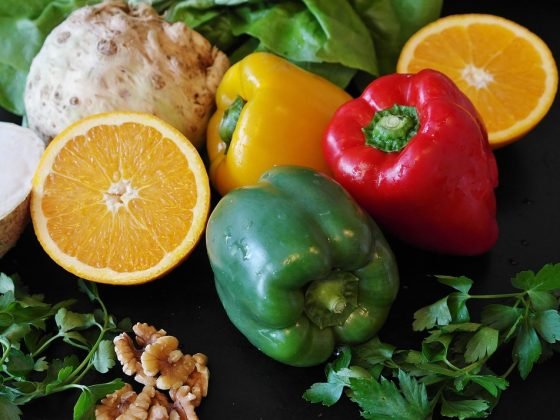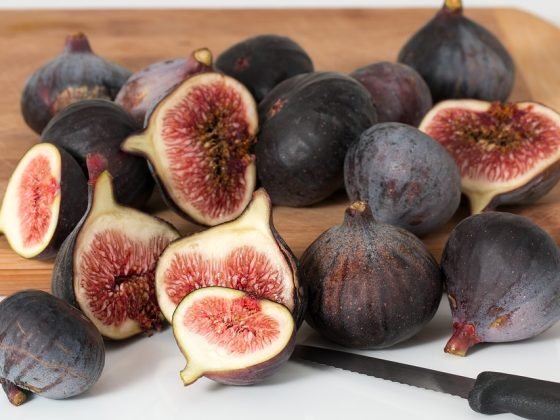The journey that food takes from the farm to your fork is a complex and interconnected process that has far-reaching implications for our health and well-being. The food we eat not only provides us with necessary nutrients and energy, but it also plays a crucial role in determining our overall health and wellness.
As consumers, it is important for us to understand the impact of food production on nutrition in order to make informed choices about what we eat. From the practices used on the farm to the way our food is processed and distributed, every step in the food production chain can have a significant impact on the nutritional value of the food we consume.
Farm Practices and Nutrition
The way that food is grown and produced on the farm has a direct impact on its nutritional content. For example, crops that are grown in nutrient-rich soils will have higher levels of essential vitamins and minerals than those grown in depleted soils. Similarly, animals that are raised in natural and sustainable environments are likely to have higher levels of beneficial nutrients than those raised in crowded and stressful conditions.
Organic farming practices, which avoid the use of synthetic pesticides and fertilizers, have been shown to result in higher levels of vitamins and minerals in crops. Additionally, grass-fed animals have been found to have higher levels of omega-3 fatty acids and other beneficial nutrients compared to their grain-fed counterparts.
Processing and Nutrition
The way that food is processed can also have a significant impact on its nutritional value. Highly processed foods that are filled with artificial ingredients, preservatives, and added sugars are often low in essential nutrients and high in unhealthy fats and calories. These foods can contribute to a range of health problems, including obesity, diabetes, and heart disease.
On the other hand, minimally processed foods that are as close to their natural state as possible are typically higher in essential nutrients and lower in unhealthy additives. Foods that are processed using traditional methods, such as fermentation or drying, can retain their nutritional content while still being convenient and shelf-stable.
Distribution and Nutrition
The way that food is distributed and transported can also affect its nutritional value. Foods that are shipped long distances or stored for extended periods of time may lose some of their nutrients due to exposure to light, heat, and oxygen. Additionally, foods that are highly processed and packaged for long shelf life often contain added preservatives and chemicals that can degrade the nutritional content of the food.
Choosing locally grown and seasonal foods can help to ensure that you are getting the freshest and most nutrient-dense foods possible. Farmers markets, community-supported agriculture (CSA) programs, and buying directly from local farms are great ways to support local agriculture and access fresh, nutritious foods.
FAQs
Q: Is organic food really better for you?
A: Organic food has been shown to have higher levels of certain nutrients, such as antioxidants and omega-3 fatty acids, compared to conventionally grown food. Additionally, organic farming practices are better for the environment and promote animal welfare.
Q: How can I know if the food I'm buying is sustainably produced?
A: Look for certifications such as USDA Organic, Fair Trade, or Certified Humane. These symbols indicate that the food was produced using environmentally friendly and socially responsible practices.
Q: What are some tips for eating a more nutritious diet?
A: Focus on whole, minimally processed foods such as fruits, vegetables, whole grains, lean proteins, and healthy fats. Avoid highly processed foods that are high in added sugars, unhealthy fats, and artificial ingredients. And don't forget to stay hydrated and get regular exercise for overall health and wellness.











